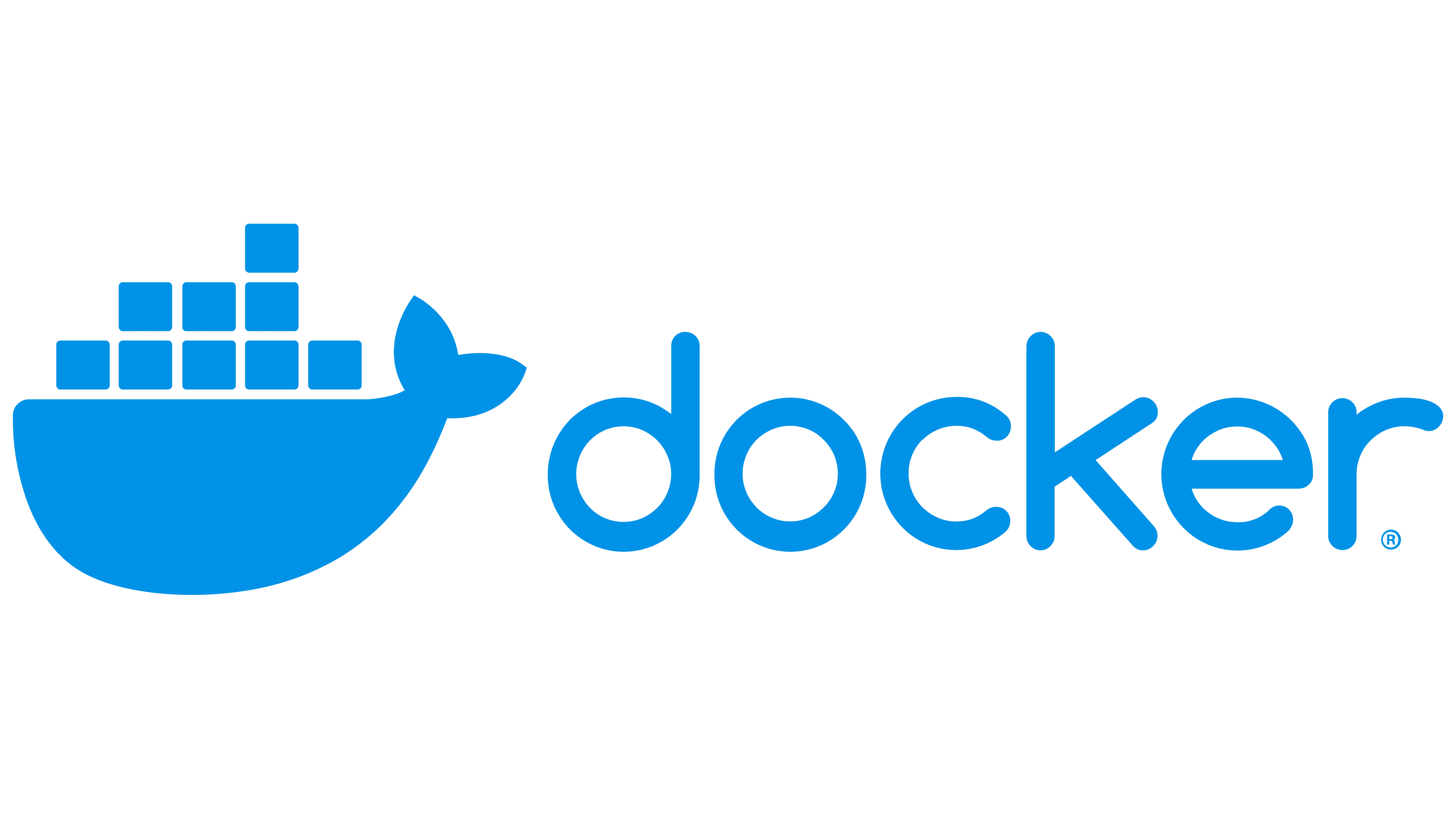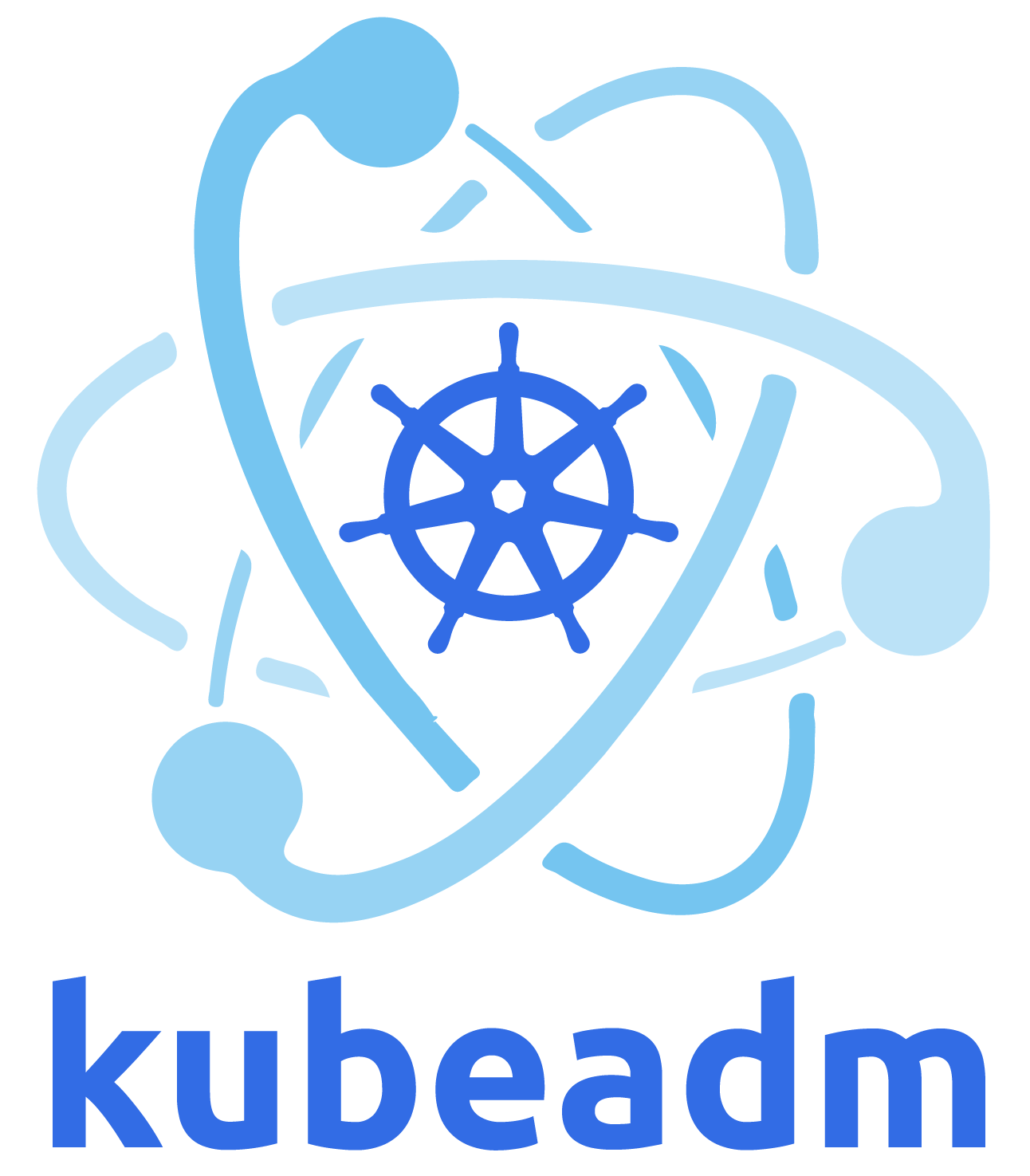Docker used to be the hero. Now they're expensive as hell. But their pricing bullshit accidentally made everything else way better. The pricing announcement hit everyone with massive price increases - like 80% on Pro plans, maybe 67% on Team plans. Nobody expected those numbers.
The Damage Report

What Docker costs now (and it still stings):
- Personal: Free (if you're lucky enough to qualify)
- Pro: $9/month per user (was $5 - thanks, Docker)
- Team: $15/month per user (was $9 - ouch)
- Business: $24/month per user (at least this one didn't go up)
You're screwed if:
- Your company has 250+ employees (most of us)
- You make $10M+ annually (congratulations?)
- You use Docker Desktop commercially (literally everyone)
Real Stories from the Trenches
Small startup getting fucked (8 developers):
- Before: $0 (good times)
- After: Like $1,500 a year just for running containers
- Docker Hub Pro: Another 60 bucks because rate limits murdered CI
- Founder's reaction: "This is coming out of the coffee budget"
Medium company getting bent over (25 developers):
- Base cost: Around 4-5 grand per year (team almost quit)
- Docker Hub Pro: 60 bucks (CI was dying)
- Build shit: Maybe 600 a year (builds were slow as hell)
- Security theater: 900 or so (legal made us do it)
- Total damage: Over six grand annually
- CTO: "We're paying more for containers than AWS"
Enterprise getting robbed (100 developers):
- Business plan: Maybe 30 grand annually - not kidding
- Hub Pro: Few hundred more (100 pulls per 6 hours is bullshit)
- Security add-ons: Probably a few thousand more (compliance theater)
- Total: Probably over 30 grand per year
- Reality: "Container budget is bigger than office rent"
The Shit They Don't Tell You
Rate limit hell: 100 pulls per 6 hours sounds reasonable until your CI hits it at 2 PM and everything stops working. Suddenly that $60/year Pro subscription doesn't seem optional. The rate limiting documentation explains the pain, but doesn't make it hurt less.
Resource vampire: Docker Desktop sucks down 3-4x more memory than alternatives like OrbStack or Colima. Your developers' laptops run like molasses, builds take forever, and everyone's complaining about fan noise. Performance comparisons show the difference is real.
Compliance nightmare: Legal teams panic over Docker's audit requirements. I watched one company's head of legal spend 3 weeks trying to count Docker installs across 200+ developer laptops. Half the team had Docker installed but swore they never used it. Quarter had it running but claimed it was only for personal projects. Everyone insisted they "aren't using it commercially." $47,000 audit settlement later, they migrated to Podman out of pure spite. The legal department still gets PTSD when someone mentions containers.
How to Escape Docker's Death Grip

The typical DevOps workflow involves developers pushing code → CI/CD pipelines building and testing → container registries storing images → orchestration platforms deploying to production. Docker used to own this entire chain, but now each step has viable alternatives.
Your options, ranked by pain level:
- Nuclear option: Dump Docker entirely and migrate everything to Podman/Rancher Desktop. Maximum savings, maximum initial pain.
- Hybrid escape: Keep Docker for prod CI/CD, move dev environments to free alternatives. Reduces licensing costs by 60-70%.
- Selective rebellion: Senior devs keep Docker, juniors use alternatives. Works until the junior devs get better at debugging than the seniors.
Reality check: Docker works great, but not $30,000/year great for most teams. The question isn't whether Docker has value - it's whether you can get 90% of that value for free with Podman, Rancher Desktop, or Colima.
War story: One engineering manager I know told Docker sales they'd already migrated half their team to Podman during the renewal call. Complete bullshit - they hadn't touched Podman yet. Docker panicked and offered a 40% discount on the spot. Turns out fear of losing customers works better than loyalty rewards.
Docker's pricing caught everyone off guard, but it also accelerated the maturity of alternatives like containerd, CRI-O, and Buildah. Thanks, Docker - your greed made the container ecosystem better. The CNCF landscape now shows dozens of viable alternatives that didn't exist or weren't mature enough five years ago.
The next section breaks down exactly what each alternative costs - both in money and developer sanity. Spoiler: most teams save 70-90% while gaining better performance.

